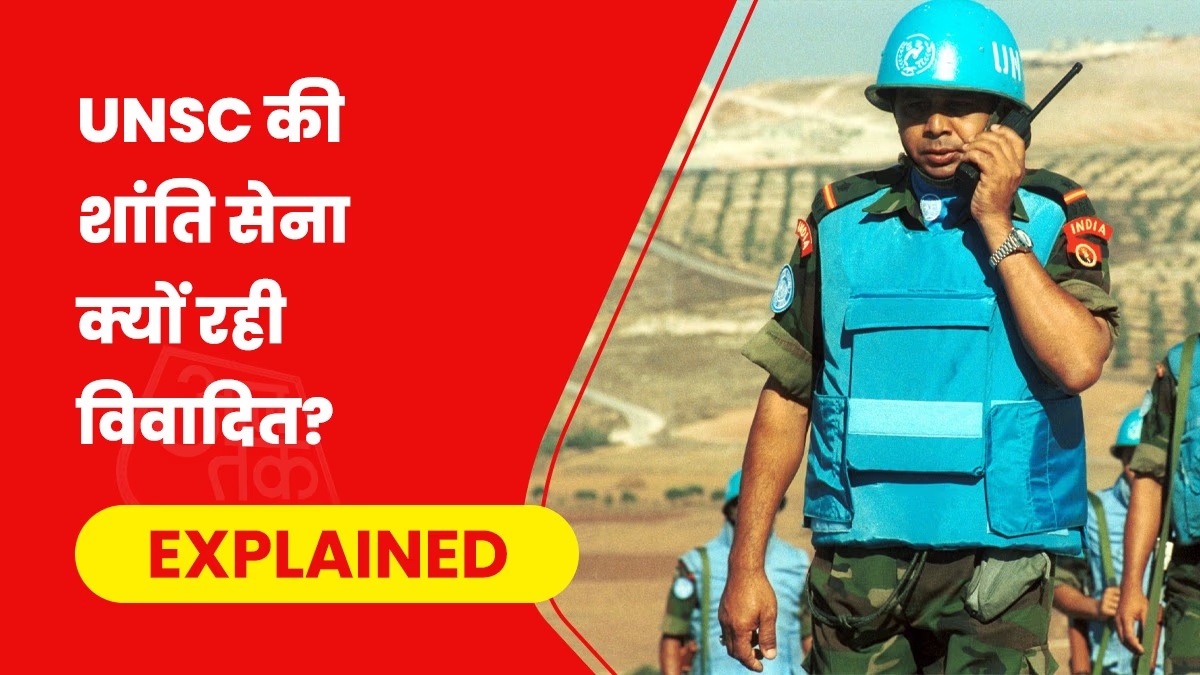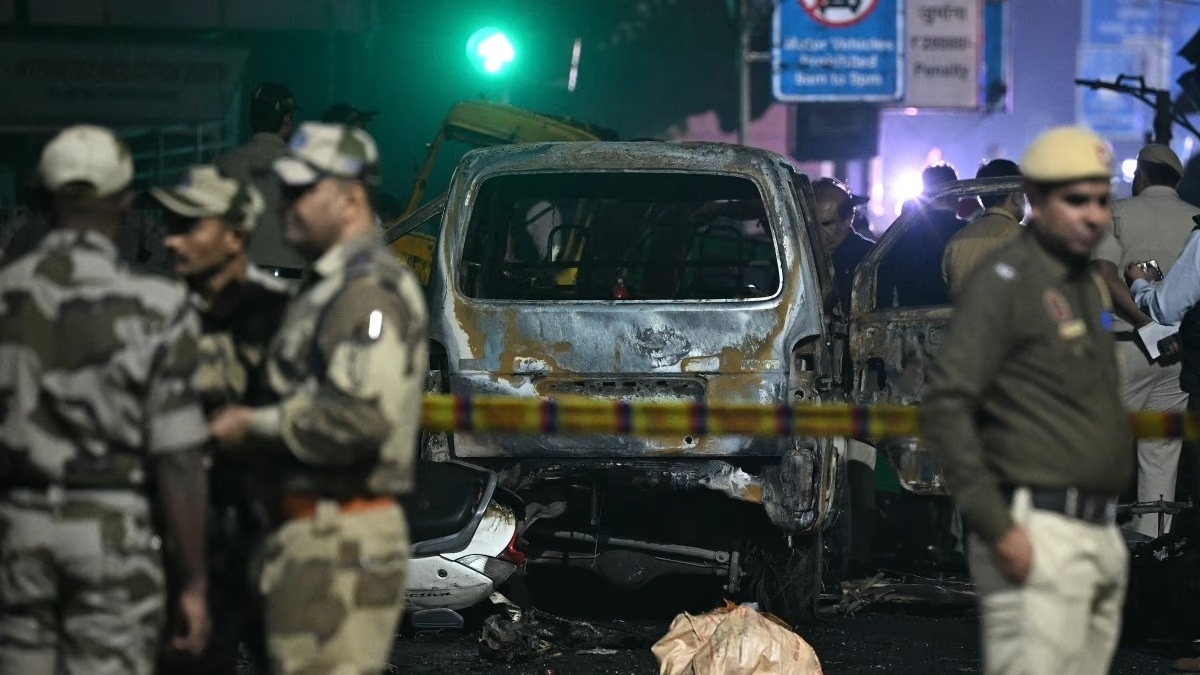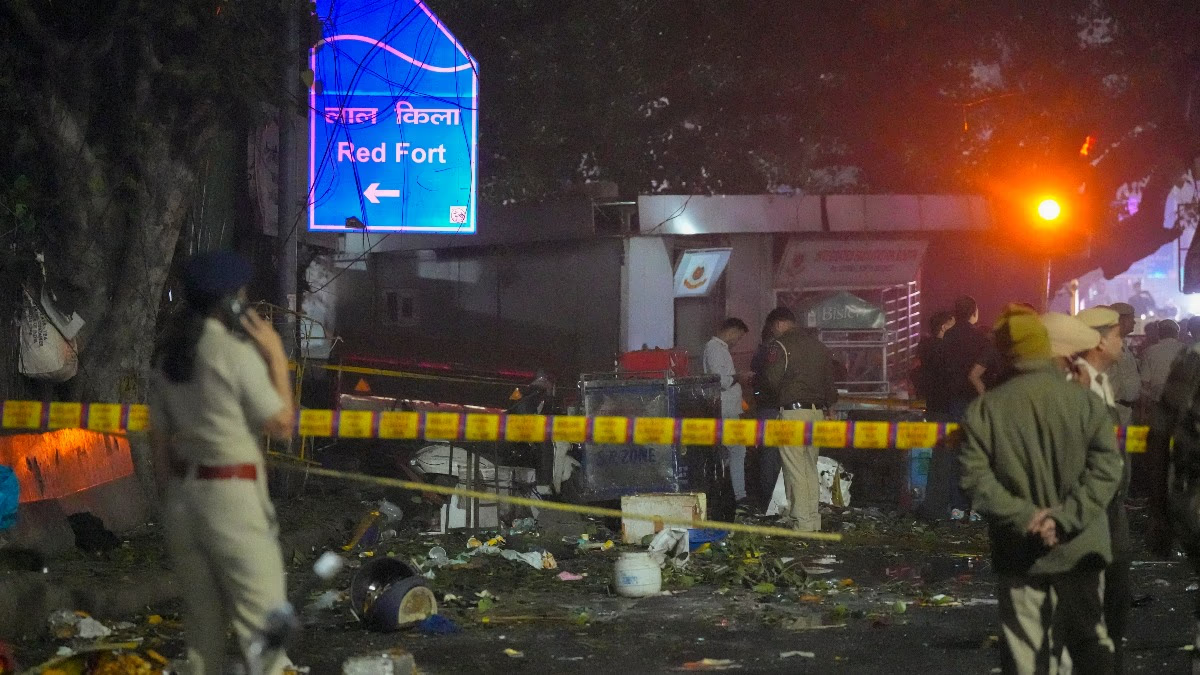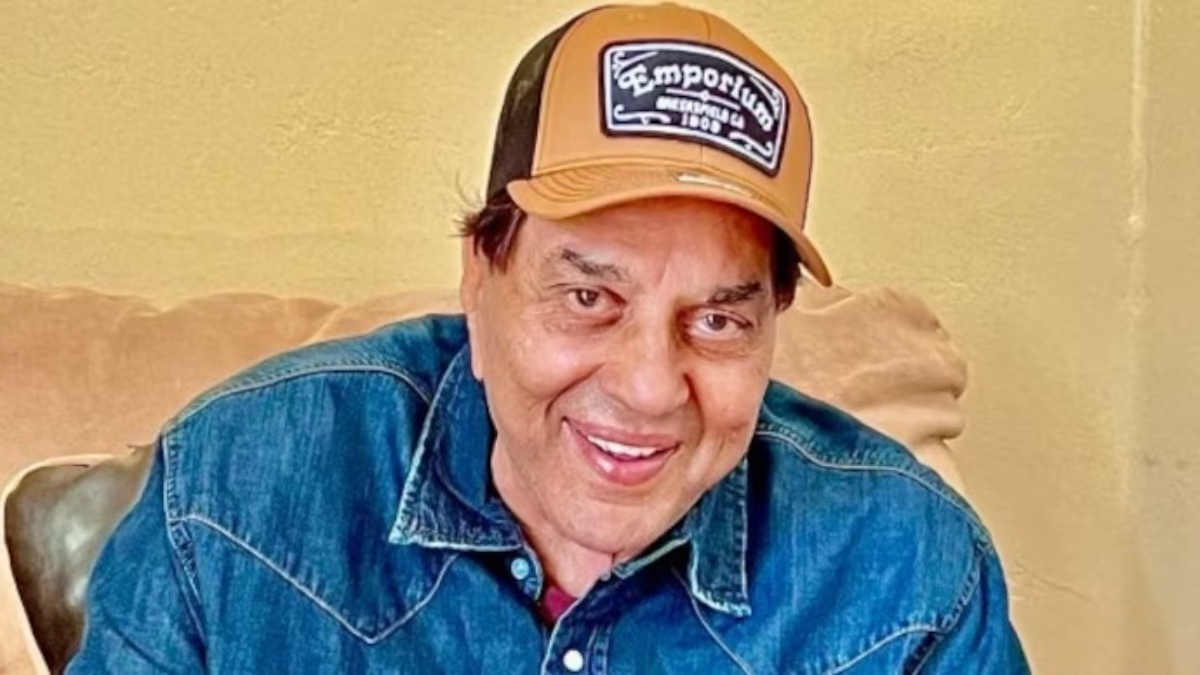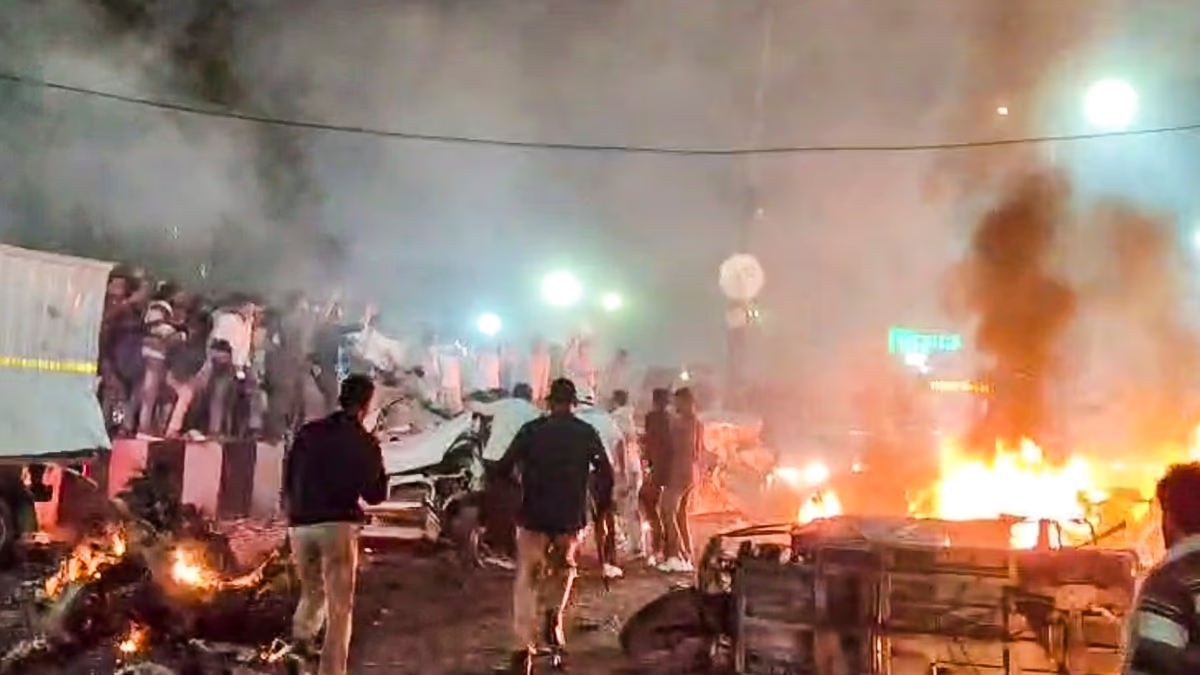Israel's Operation against Hezbollah continues. Meanwhile, the United Nations Peacekeeping Force Headquarters in Lebanon came under bombardment. The Peacekeeping Force includes soldiers from several countries, including India, and has been present there since 1978. The force operates in countries plagued by instability. But what exactly does this force do, and does it participate in warfare when conflicts arise?
What is the Force Doing in the Middle East?
The peacekeeping force in Lebanon is called the United Nations Interim Force in Lebanon (UNIFIL). The United Nations Security Council dispatched its troops there in March 1978 when Israel occupied the southern part of Lebanon, raising fears of conflict. The UNSC passed a resolution asking Tel Aviv to withdraw its troops and sent its peacekeepers to the area to allow the Lebanese government to resume its duties following the withdrawal of foreign forces.
Espionage Allegations by Israel
Given that this area is in southern Lebanon, bordering Israeli territory, the Peacekeeping Force has long been active in multiple locations. There have been allegations of the peacekeepers being complicit with Hezbollah, including video footage showing militants in UN vehicles. The force claims that its indirect contact with Hezbollah stems from the latter's influence in the area, arguing that no formal collaboration has ever occurred.
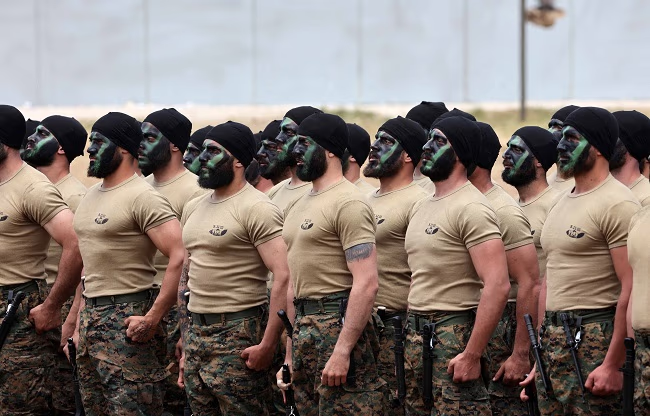
Source: aajtak
Does the Peacekeeping Force Engage in Wars?
No, peacekeepers are military personnel from various countries who, after joining the force, do not engage in battles. Their mission is to work impartially for peace. However, they are fully prepared to prevent attacks on themselves or civilians. For instance, in the 1960s, the UN Peacekeeping Force conducted military operations against rebel groups and foreign mercenaries in Congo. Similarly, during the Rwandan Genocide in the 1990s, the peacekeepers did fight.
Cannot Enter Host Country Without Consent
Although the Peacekeeping Force operates in unstable countries, it cannot enter on its own accord. Permission is required from the host country. When deployed, an agreement between the United Nations and the host country, called the Status of Forces Agreement, determines the legal status, responsibilities, and privileges of the peacekeepers. If the host country perceives any interference, the UN must withdraw the force.
Some countries refuse entry to the Peacekeeping Force. During the Syrian Civil War, the UN wanted to send its troops, but the Syrian government did not grant permission. Similarly, Sudan's government asked the UN to withdraw its force in 2019, fearing it threatened national sovereignty.
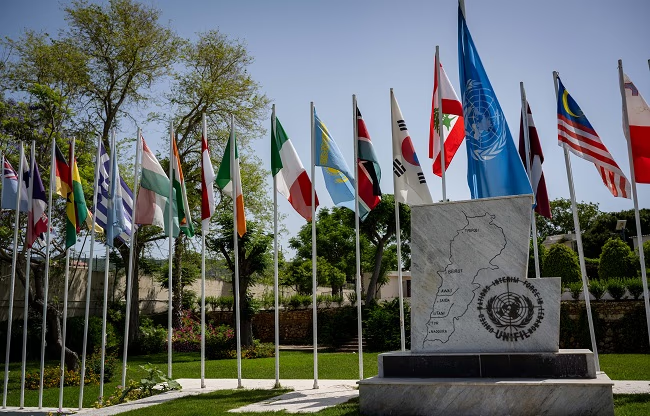
Source: aajtak
Size of the Peacekeeping Force in Lebanon
Currently, 10,000 peacekeepers from 50 countries are stationed there, with Indian soldiers being the third-largest contingent after Indonesia and Italy. The presence of over 900 Indian soldiers also concerns India regarding Israeli attacks on this region.
Why the Controversy Surrounding the Peacekeeping Force?
The UN Peacekeeping Force has been accused of espionage for the USA or other UN Security Council countries, as well as of political interference. In 2000, Israel alleged that UNIFIL troops were spying for Hezbollah and providing information on Israeli army movements. Similarly, the United Nations mission in Haiti faced espionage allegations in 2004. Although the UN has refuted these claims, they have raised questions about its credibility.
Peacekeepers in Congo have been accused of serious misconduct, such as sexual exploitation and abuse of local women and children. The UN acknowledged the misuse of power by some peacekeepers following the uproar. This is why countries like Syria have forbidden the entry of the UN Peacekeeping Force despite ongoing instability.
